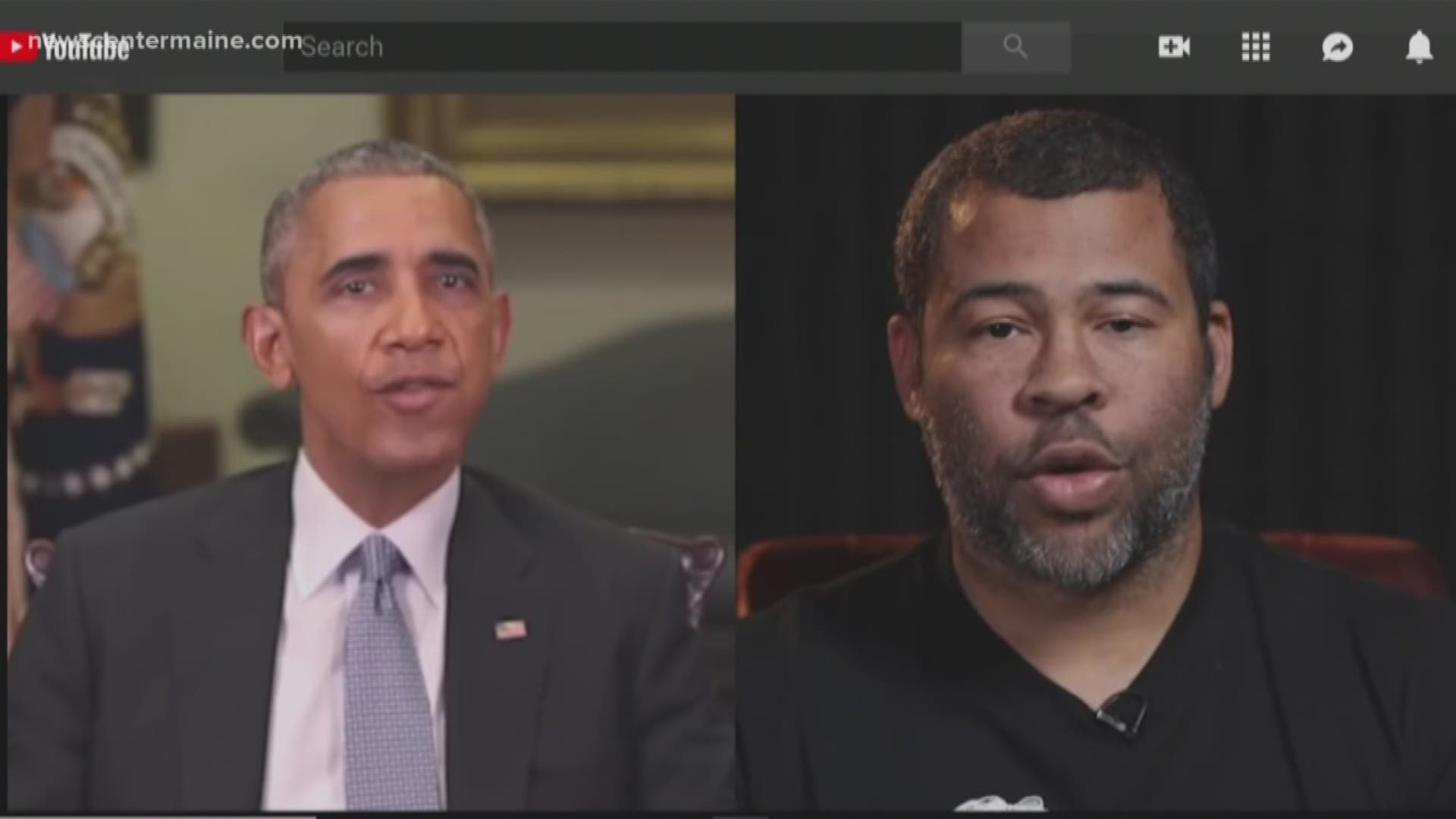PORTLAND, Maine — Deepfakes and disinformation are popping up on our screens and challenging every-day consumers to think more critically about what we're seeing online.
Disinformation, most simply, is false information which is spread deliberately to deceive people.
Deepfakes -- a bit more technologically complex -- is a technique used to create phony human images based on artificial intelligence.
The technology for both is becoming both more sophisticated and accessible to the average consumer.
Former digital director for Senator Angus King's 2018 campaign Lisa Kaplan says, "We're really in an unprecedented era where information is being weaponized."


Kaplan says she and her team identified coordinated efforts (like the Facebook account above) to spread disinformation throughout King's 2018 campaign.
Her advice to the political campaigns of 2020: be proactive. "Don't ask, 'what will we do if we fall victim to it?' ask yourselves, 'what will we do when we fall victim to it?'"
How is disinformation being used today?
Kaplan says, "There are groups out there, whether it's a foreign actor or a domestic group, that use social media manipulation to change the information that voters and consumers have when they go to make rational decisions."
After studying Russian interference in the 2016 election, Kaplan expects more of the same in 2020.
"What we learned in 2016 is that this is a real threat and that it is happening and we can expect the same thing to happen in 2020."
It's something that keeps her former boss awake at night as well.
Senator Angus King recently told NEWS CENTER, "I'm worried about the 2020 elections because the Russians have learned that with a relatively small expenditure of money, they can really screw things up over here."
If you think you wouldn't be susceptible to disinformation, think again.
"Everybody is susceptible to disinformation. The way this works is a foreign adversary or a domestic group is targetting you based on your own biases. We are all susceptible, no matter how educated you are, no matter if you're studying the issue, you are still a target" says Kaplan.
Disinformation isn't a new concept, what's new is how much it is being used and the speed at which it is spreading.
Deepfakes, on the other hand, have really just emerged in the past 5 years.
One deepfake that went viral was created by BuzzFeed. What appears to be Barak Obama speaking is really an altered video, of which Jordan Peele is the real voice behind it.
Although deepfake technology appears highly complex, computer science experts say it really not all that sophisticated of technology.
UMaine computer science professor Roy Turner says really all you need is a large database of info, computing power and time to pull it off.
Turner says, "If you wanted to make truly good fakes that no one could tell apart, you might need the resources of a large company at the moment, but as computer resources become more available, it becomes easier and easier."
How can the average person protect themselves from falling victim to deepfakes and disinformation?
"Check the source, look at the dates, look at the author and better understand what we're reading and if we can trust it," says Kaplan.
"The other thing we can do is think before you share online. Look at the source, look at the content, if it's too sensational, then don't share it."
Senator King is one of four senators on a national commission trying to develop a strategy of disinformation deterrence.
Kaplan has left politics to exclusively study disinformation. She recently started Alethea Group, which is a female-run organization that counters disinformation.
For more information on deepfakes and disinformation, you can read Lisa Kaplan's full report here.
For more from NEWS CENTER Maine's Hannah Dineen, follow on Twitter: @hannah_dineen Facebook: @HannahEDineen, Instagram: @hannahdineen.journo

